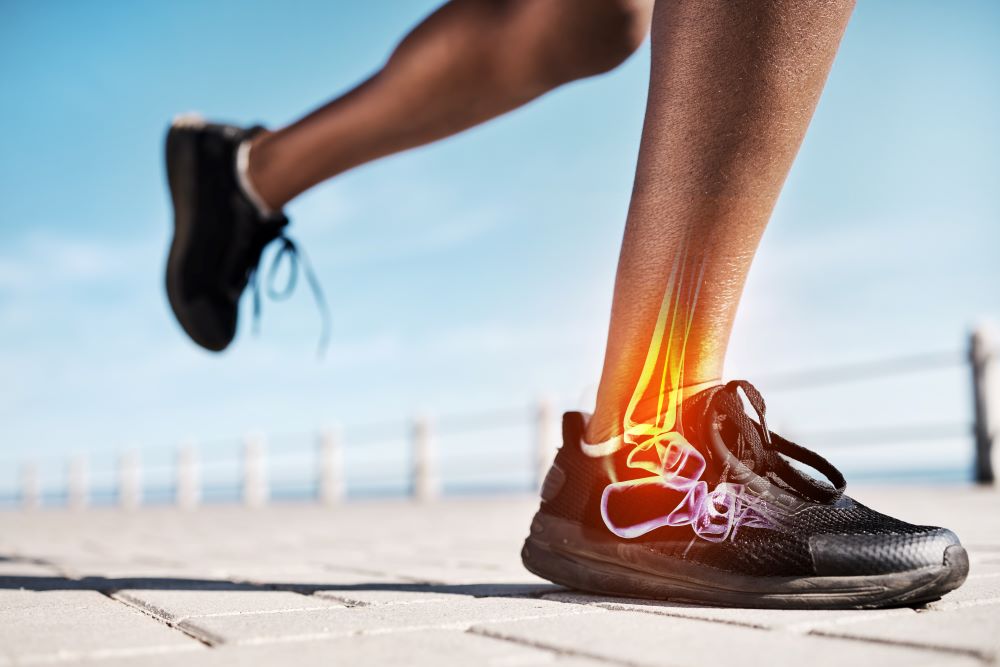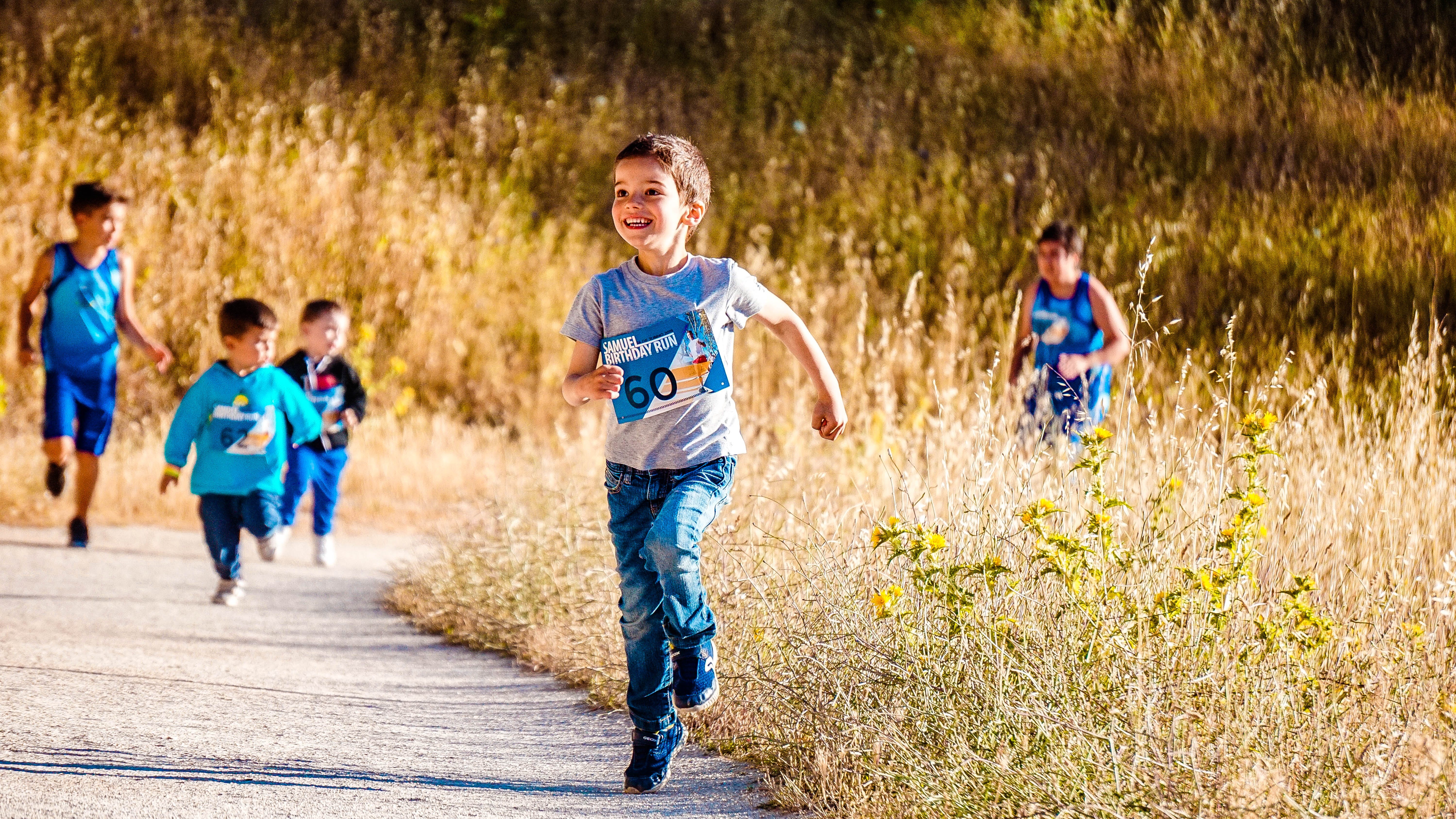When you’re out on a run, the body goes through various physiological changes, and one of the common yet surprising experiences many face is the urge to urinate. Understanding this phenomenon can help you manage it better and enjoy your running sessions without interruptions. So, why do I pee when I stop running? Here are some key factors to consider:
- Increased Blood Flow: During exercise, blood circulation increases, leading to enhanced kidney function. This means your body may filter more blood and produce more urine.
- Hormonal Changes: Physical activity triggers the release of hormones like adrenaline, which can influence kidney activity and affect your urge to urinate.
- Hydration Levels: The amount of fluid you consume before and during your run plays a crucial role. If you hydrate heavily, your body will naturally process this excess fluid.
- Body Position: The jarring motion of running can stimulate the bladder, leading to a heightened sense of urgency when you finally stop.
It’s important to listen to your body and understand that these sensations are normal. With a bit of preparation and mindfulness, you can minimize any discomfort. Visit our website to learn more and get started today! Click here.
Physiological Changes When You Stop Running
.jpg)
When you stop running, your body undergoes several physiological changes that can significantly impact your bodily functions, including your urinary system. Understanding these changes can shed light on why you might feel the need to urinate after ceasing activity.
- Heart Rate Decrease: As you stop running, your heart rate begins to slow down, which can lead to a temporary shift in blood flow. This change may affect how your kidneys filter blood, potentially increasing urine production.
- Temperature Regulation: During exercise, your body generates heat, and stopping can lead to a rapid cooling effect. This transition may influence fluid balance and kidney function, contributing to feelings of urgency.
- Nervous System Response: The sympathetic nervous system, which is activated during exercise, calms down when you stop. This shift can affect bladder control, making you more aware of the urge to urinate.
- Fluid Redistribution: While running, fluids are redistributed throughout your body. Stopping can cause a return of fluids to your bladder, which may increase the sensation of needing to urinate.
Being aware of these physiological changes can help you better prepare for running sessions and manage any post-exercise discomfort.
The Role of Hydration in Running and Urination

Hydration plays a critical role in both running performance and urinary function. Understanding the relationship between fluid intake and urination can help runners optimize their hydration strategy and minimize any post-exercise bathroom urgency.
- Fluid Balance: Maintaining optimal fluid balance is essential for physical performance. Dehydration can lead to decreased endurance, while overhydration can strain the kidneys and lead to frequent urination. Striking the right balance is key.
- Pre-Run Hydration: Drinking enough water before a run is important, but excessive intake right before hitting the trails can lead to an increased urge to urinate. Aim to hydrate steadily throughout the day rather than gulping down large quantities just before your run.
- Electrolyte Balance: When you sweat, you lose not only water but also essential electrolytes. Replenishing these through hydration strategies can help regulate your body’s functions, including urine production. Consider electrolyte-rich drinks for longer runs.
- Post-Run Hydration: After completing a run, your body needs to recover fluid lost through sweat. However, it’s crucial to rehydrate gradually to avoid overwhelming your bladder, which may already be feeling the effects of physical exertion.
By understanding the role of hydration, runners can enhance their performance while managing urges to urinate effectively.
Common Reasons for Post-Run Urination
Experiencing the urge to urinate after a run is a common phenomenon, and it can stem from various physiological and behavioral reasons. Understanding these factors can help runners make informed choices about their hydration and running strategies.
- Increased Blood Flow: During running, your heart pumps more blood to the muscles, which can redirect blood flow away from the kidneys temporarily. When you stop running, blood flow returns to normal, prompting the kidneys to filter and produce urine.
- Pressure on the Bladder: The physical activity involved in running can create pressure on the bladder. This pressure may not be noticeable while you’re in motion, but once you stop, the urge can become more pronounced.
- Hydration Levels: If you’ve consumed a significant amount of fluids before or during your run, your body will need to process that liquid afterward. Even moderate hydration can lead to increased urine production post-exercise.
- Hormonal Changes: Running can stimulate the release of hormones that affect kidney function, such as vasopressin, which helps regulate water retention. After a run, the drop in these hormones may lead to increased urination as the body seeks to rebalance.
- Body Temperature Regulation: Engaging in physical activity raises your body temperature, prompting sweating. When you stop running, your body works to cool down, which can alter your fluid balance and lead to increased urine production.
By recognizing these common reasons, runners can better prepare for post-run experiences and manage any discomfort associated with the need to urinate.
Tips for Managing Urinary Urge After Running

Managing the urge to urinate after running can enhance your overall running experience. Here are some effective tips that can help mitigate this common issue:
- Monitor Your Hydration: Pay attention to your fluid intake before, during, and after your run. Aim for a balance—stay hydrated, but avoid excessive drinking just before you start. Knowing your body’s needs can help you minimize post-run urination.
- Schedule Bathroom Breaks: Incorporate scheduled bathroom breaks into your routine. If you know you tend to feel the urge after running, plan to use the restroom before you finish your workout to alleviate discomfort.
- Wear Comfortable Gear: Choose running gear that isn’t too tight around your abdomen. This can reduce pressure on your bladder and help you feel more comfortable while running and afterward.
- Gradually Increase Intensity: If you’re new to running or increasing your intensity, do so gradually. Sudden changes in your workout can lead to physiological responses, including increased urinary urgency.
- Practice Relaxation Techniques: After your run, take a moment to practice deep breathing or other relaxation techniques. This can help your body transition from an active state to a more relaxed one, reducing the urgency to urinate.
Implementing these practical tips can help you manage urinary urges effectively, allowing you to focus more on enjoying your run and less on discomfort.
When to Seek Medical Advice for Urination Issues
.jpg)
While experiencing the urge to urinate after running is common, there are times when it may indicate a more serious issue. It’s important to be aware of specific signs that warrant medical attention:
- Frequent Urination: If you find yourself needing to urinate excessively, even outside of your running routine, it could be indicative of a urinary tract infection or other medical conditions.
- Persistent Discomfort: Experiencing pain or discomfort during urination or after running should not be ignored. These symptoms could suggest a bladder infection or other urinary issues.
- Blood in Urine: Noticing blood in your urine after running is a serious concern. This symptom should prompt immediate consultation with a healthcare provider as it could indicate a more significant health issue.
- Changes in Urinary Patterns: If you notice sudden changes in the frequency or volume of your urination that lasts for several days, seek medical advice to rule out underlying problems.
- Accompanied Symptoms: If your urinary issues are accompanied by fever, chills, or lower abdominal pain, it is essential to speak with a healthcare professional to determine the cause.
Being proactive about your health is crucial, especially when it comes to bodily functions that impact your daily life. If you experience any of these symptoms, visit our website to learn more and get started today!


